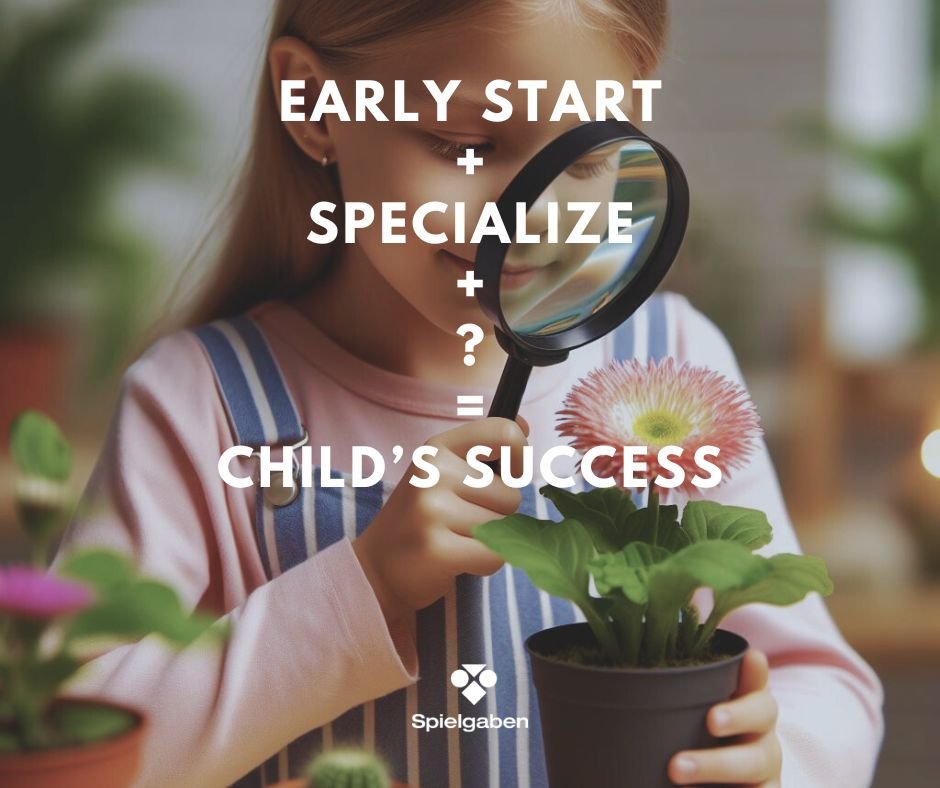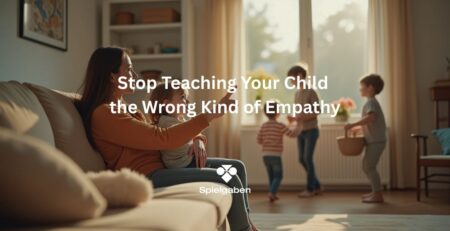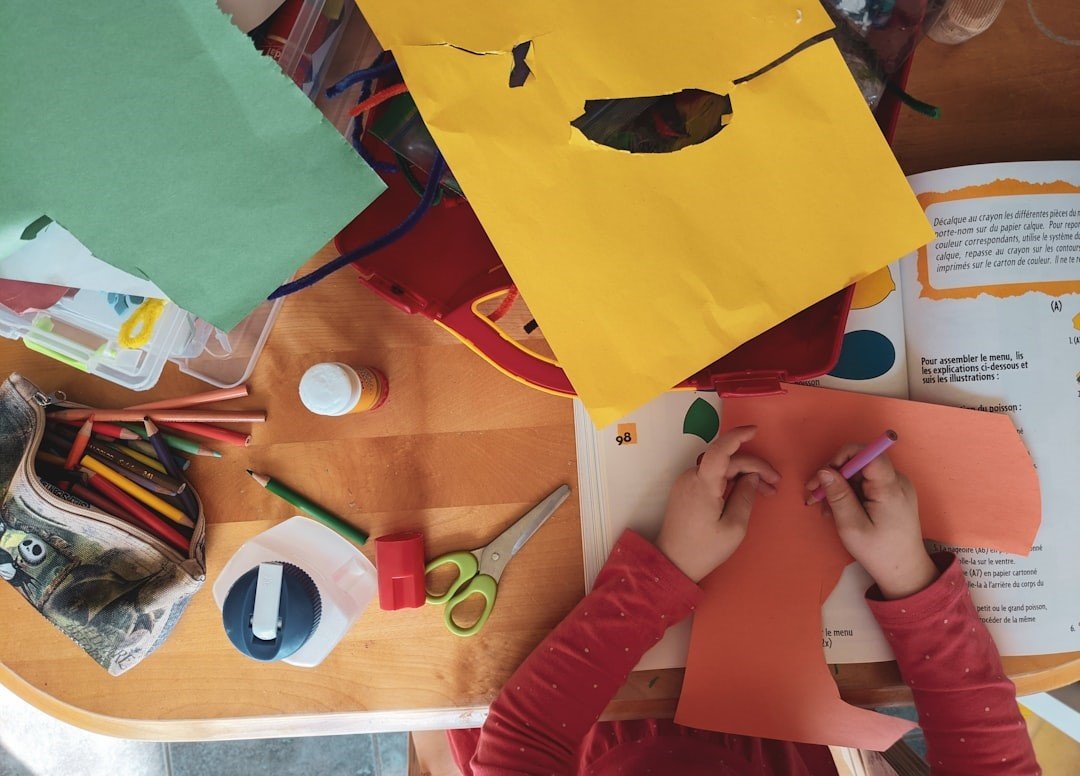Starting early and specializing sounds great but missing one key ingredient
Starting early and specializing may seem like a recipe for success, but there’s a crucial ingredient missing from this equation. In recent articles that we published, we’ve emphasized the significance of early education and focused dedication to a single path for a child’s future success. Our modern, competitive world often pressures individuals to gain a head start and specialize from an early age, with examples like Tiger Woods as well as many other world-class performers in various fields highlighting the benefits of such focused dedication.
However, amidst this emphasis on specialization, there’s a vital component that often gets overlooked: on-going curiosity. Curiosity encompasses not just a desire to learn more but also the ability to approach the world with a genuinely open mind. While specialization undoubtedly has its merits, it’s essential to recognize that success isn’t solely reserved for specialists. Generalists, individuals with diverse interests and experiences, are also poised for success.
Generalists may take longer to find their path in life, but their open-mindedness and creativity allow them to make connections across diverse fields that specialists might overlook. This breadth of experience fosters innovation and often leads to impactful contributions. In fact, experimentation can be as reliable a route to expertise as early specialization.
Consider the journey of world-renowned cellist Yo-Yo Ma, who initially tried violin and piano before discovering his passion for the cello. Similarly, a study of students at a British boarding school found that those who had tried multiple instruments were more likely to excel than those who focused solely on one. If your child hasn’t yet found their calling, encourage experimentation and exploration.
A breadth of experience not only drives innovation but also leads to success in specialized fields. Inventors like Andy Ouderkirk (an inventor at 3M Corporation, was named Innovator of the Year in 2013 and has been named on 170 patents), recognized for their creative contributions, often possess expertise in multiple areas. They excel not only in their specialized field but also draw upon insights from diverse domains, facilitating innovation. Similarly, Nobel Prize Winners are more engaged in hobbies like acting or performing, showcasing the value of a broad range of interests to be able to think outside box.
For parents seeking to nurture their children’s talents, it’s essential to create space for exploration and experimentation. Rather than rigidly defining slots for your child to fit into, encourage them to explore diverse interests. Their breadth of experience will be invaluable in shaping their future endeavors.
It’s crucial to cultivate our child’s ongoing curiosity—a desire to learn more, a willingness to consider new evidence, and an open mind. Embracing failure, as demonstrated by creators like Thomas Edison, is another essential aspect of fostering curiosity and innovation. Edison’s numerous failures ultimately paved the way for ground-breaking successes like the light bulb.
In conclusion, embracing experimentation and broadening experiences is just as important as specialization. It requires patience, open-mindedness, and ongoing curiosity. By fostering curiosity alongside specialization in our children, we increase their likelihood of generating major innovations and making significant contributions to society.













LEAVE A COMMENT